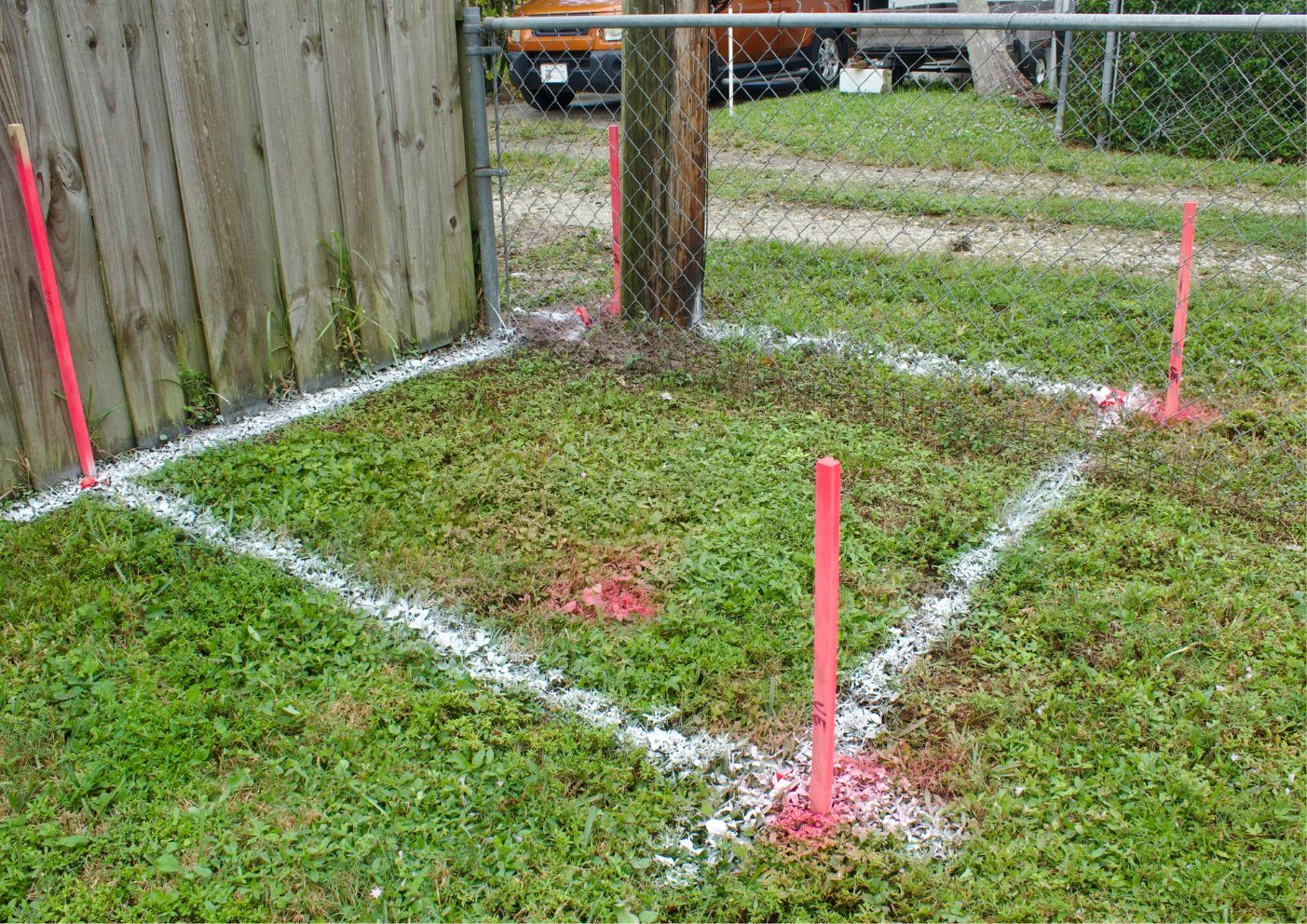When purchasing a home, understanding property lines and easements is crucial to avoiding future disputes and complications. These factors can impact the value of the property, your ability to use it, and even your relationship with neighbors. Let’s explore how property lines and easements affect home purchases and what you should know before making an offer.
Understanding Property Lines
Property lines define the legal boundaries of a piece of land. They are often marked by fences, walls, or hedges, but in many cases, the true boundaries may not be visible without a survey. Knowing exactly where your property begins and ends is important for several reasons. It determines where you can build, what parts of the land you own, and whether you’re encroaching on a neighbor’s space.

Before purchasing a home, it’s a good idea to request a property survey to clearly establish the property lines. This is especially important if you plan to make modifications such as building a fence, adding a driveway, or constructing a new addition to the home. Having this information upfront can prevent legal issues and disputes down the line.
Why Property Line Disputes Happen
Property line disputes are surprisingly common, especially in older neighborhoods where boundaries may not have been properly recorded. A seemingly small issue, like the placement of a fence or driveway, can lead to larger legal battles if one party believes their land is being encroached upon.
For example, if you purchase a home and later discover that a portion of your neighbor’s fence crosses onto your property, you may have to work out an agreement, move the fence, or pursue legal action. These types of disputes can be stressful and costly, so it’s best to address any uncertainties before finalizing the purchase.
What Are Easements?
An easement is a legal right for someone else to use a portion of your property, even though you own it. Easements are common in residential areas, often allowing utility companies to run power lines or pipelines through private land. Easements can also grant neighbors access to their property if a shared driveway or path is involved.

Easements are typically recorded with the property’s deed, and it’s essential to know if any exist on the property you’re considering purchasing. While easements don’t necessarily detract from the property’s value, they can restrict how you use certain portions of your land. For example, if there’s an easement for a utility company, you may not be able to build on that part of your property.
Types of Easements to Look For
There are several different types of easements that could affect a property, and it’s important to know what you’re dealing with before you buy. Common easements include:
- Utility Easements: These allow utility companies access to install, maintain, or repair power lines, water lines, or other infrastructure. While these easements are often necessary, they may limit your ability to modify certain areas of your property.
- Access Easements: These allow someone, typically a neighbor, the right to cross your property to access their own. Access easements are often found in rural areas where homes may share a private road or driveway. In these cases, maintaining good relations with your neighbors is key to managing shared access.
- Conservation Easements: These are less common in residential properties but may exist on larger parcels of land. Conservation easements restrict the development of land to protect wildlife, preserve natural resources, or maintain open spaces. If your property is subject to a conservation easement, your ability to build or modify the land could be limited.
How Easements Can Affect Property Value
Easements can have an impact on the value of a property, depending on how restrictive they are. A minor utility easement may not affect the property’s overall value, but a more significant easement—such as one that limits building on a portion of the land—could reduce its market appeal.
Buyers should carefully review the property’s deed and title report to identify any easements. Working with a real estate attorney can also help you fully understand the implications of any easements attached to the property and how they might impact your long-term plans.
Protecting Yourself During the Purchase
The best way to avoid property line and easement surprises is to conduct thorough due diligence before making an offer. A title company will typically research easements and property boundaries during the closing process, but it’s wise to be proactive. Request a land survey to confirm property lines, and review the title report for any recorded easements.
By understanding the limitations and legal rights attached to the land, you can make an informed decision that will prevent headaches and conflicts in the future.




